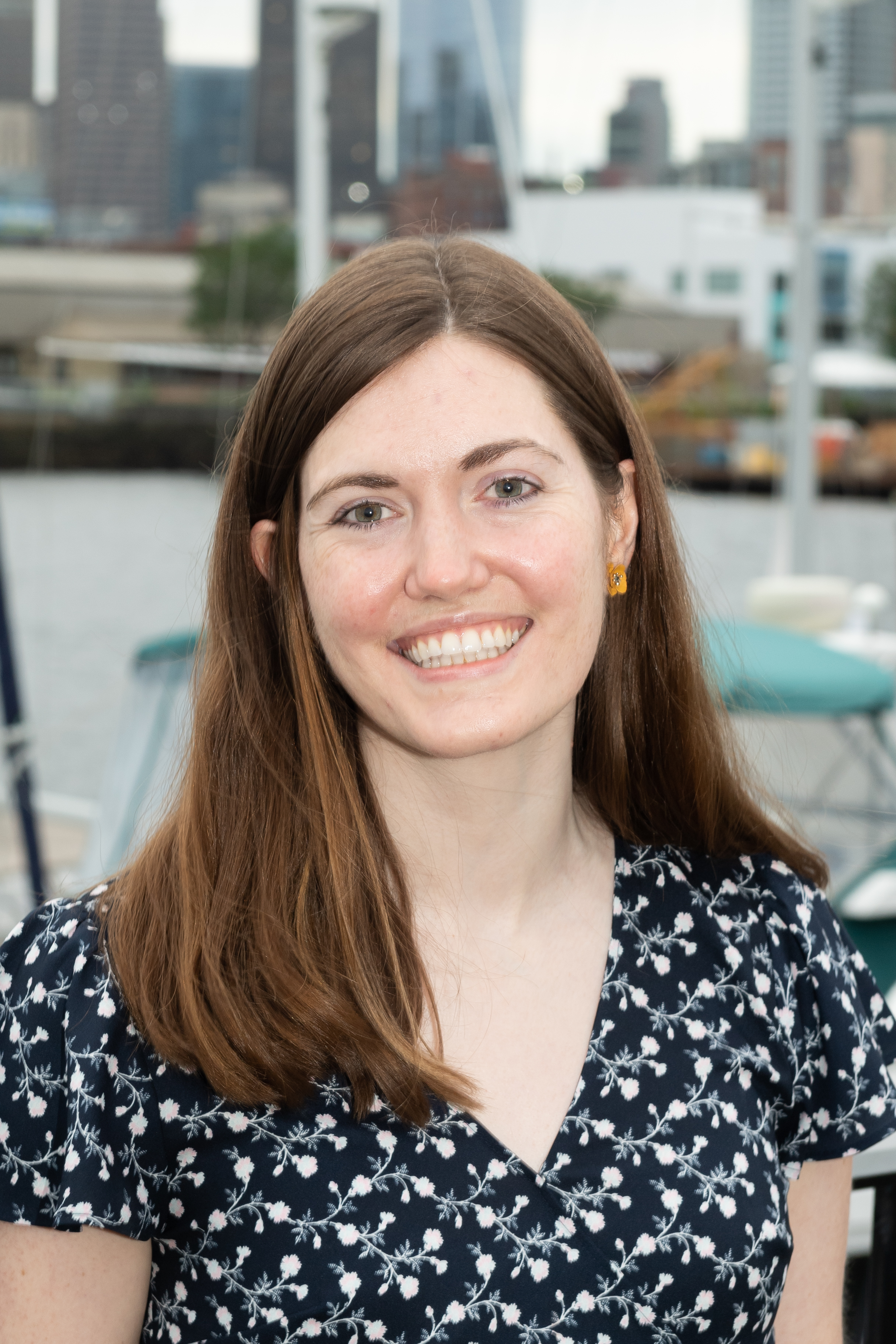
Name: Kristen Nunn
Earned Degree(s): BPhil in Communication Sciences and Disorders, University of Pittsburgh, 2016. MS in Speech-Language Pathology, University of Pittsburgh, 2018.
Program of study/Year in program: Rehabilitation Sciences, 3rd year
Mentor/Advisor: Dr. Sofia Vallila-Rohter
University: MGH Institute of Health Professions
ANCDS Fellowship Mentor: Dr. Jackie Hinckley
Area(s) of research, teaching, and/or clinical interest: Aphasia rehabilitation, cognitive skills that support successful aphasia rehabilitation, the impact of errors on communication and treatment-response.
1. Why were you interested in the ANCDS conference fellow program?
I was interested in the ANCDS conference fellow program for the opportunity to be paired with an experienced researcher and clinician in the field of neurologic communication disorders and sciences. I was also eager to meet with other individuals passionate about improving the management of neurologic communication disorders.
2. What did you enjoy about the ANCDS conference fellow program?
There was so much that I enjoyed about the fellowship program. In particular, I am grateful to have had the opportunity to meet with Dr. Hinckley. Through discussions, Dr. Hinckley has helped me conceptualize my goals as a clinician and researcher. She has encouraged me to think critically about how I can maximize the implementation and translation of my work into clinical practice.
3. Why would you recommend the ANCDS conference fellow program to future students?
The ANCDS conference fellow program is a phenomenal opportunity to meet with other individuals passionate about the field of neurologic communication disorders. The size and scale of ANCDS fostered a collaborative and welcoming environment of clinicians and researchers.
4. Based on this first introduction to ANCDS, what are the benefits to students, clinicians, and/or researchers?
ANCDS offers meaningful mentorship experiences and ample opportunities to learn more about the field through continuing education and discussions with fellow clinicians and researchers.
5. Describe your current or recent research project.
One avenue of my work leverages event-related potentials (ERPs) to evaluate feedback processing in aphasia. In many aphasia interventions, clients perform a language task, make errors, and receive feedback that communicates the correct response. There is evidence to indicate that feedback processing may be impaired in some individuals with aphasia; however, it has not been evaluated. This work aims to elucidate whether the ability to learn from feedback (measured via ERPs) differs in people with aphasia and should be considered to best align treatment interventions with learning ability.
6. Why were you interested in the above project?
As a clinician and researcher, I have noticed the impact errors in communication can have on a client’s self-efficacy and treatment response. By researching feedback, I aim to equip clinicians with knowledge and tools to support individuals with aphasia in successfully learning in the presence of errors. Ultimately, I hope this research can aid individuals with aphasia in achieving their communication goals both within and outside of therapy.
